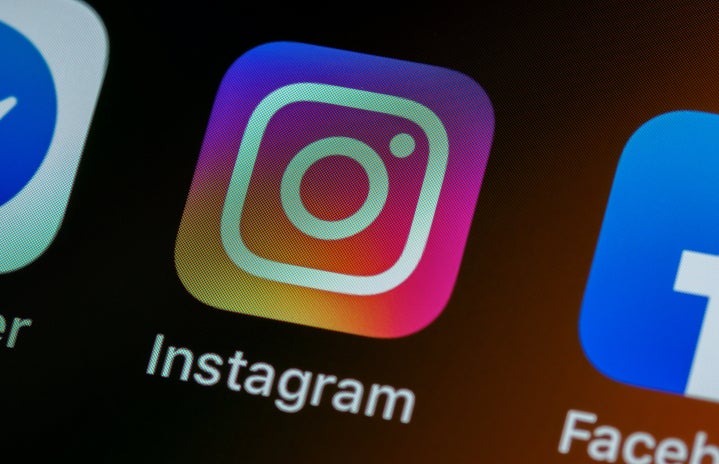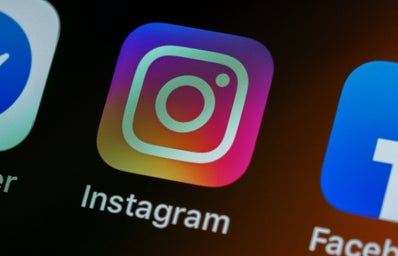A little over a week ago, I decided to go on an Instagram cleanse. Often times, people do cleanses because they want to “purify their bodies of toxins”, and I realized that the app had become a toxic thing in my life, so I decided to do it. It no longer gave me joy to see the pictures my friends posted. Instead, I would scroll through the app and feel an increasing sense of misery, as I compared my current life those to carefully constructed ones online that seemed to be eternally filled with fun.
Even though I am a frequent user of social media, Instagram has a special place in my heart. The picture sharing platform keeps me updated on every single carefree beach day and indie coffee house trip people have been on—accompanied by their entire squad, of course. But more importantly, it gives me the opportunity to compare my life and body to everyone else’s. As a result, Instagram has poisoned me with a deep need to share everything in my life—from food to vacations– with everyone (Pics, or it didn’t happen, right?). It seems to me that it has infected the majority of girls in our generation, too. But if we all acknowledge how unhealthy this lifestyle is, why can’t we stop? Well, biology may have something to do with it.
Researchers at the UCLA brain mapping center found that when we are notified that we have received a lot of likes on a post, the brain’s reward center is activated more. Lauren Sherman, the lead author of the study, says that “This is the same group of regions responding when we see pictures of a person we love or when we win money”. It seems only natural that we would want to have that feeling as often as possible. Unfortunately, though, getting it often involves taking hundreds of pictures, and spending hours coming up with just the right caption to get the most likes. Research has shown that social media can be more addictive than cigarettes and alcohol and it can also take a serious toll on your mental health.
A study from the Royal Society for Public Health in the UK recently ranked the five most popular social media sites for their positive or negative impact on the mental health of young people. The worst contender was (not surprisingly) Instagram, with Snapchat being close second. Facebook and Twitter were 3rd and 2nd, respectively. YouTube took first place for having the most positive impact overall.
The study looked at several different ways that social media can negatively impact mental health, including levels of anxiety, depression, hours of sleep, and body image. It found that “7 in 10 [users] said Instagram made them feel worse about their body image”. While these figures did not shock me, I was surprised to hear that “as many as 9 in 10 teenage girls say they are unhappy with their body”. In other words, that carefree girl laughing in her bikini on the beach is probably just as insecure as the rest of us.
After fully realizing the harmful effects that social media can have, the RSPH is calling for several major changes on these websites. Two of the most notable are requesting a pop up notification to let people know when they’ve spent a certain amount of time online, and for a watermark on pictures to alert users that they have been altered. As the number of children growing up on social media increases, this could be a vital step in helping to preserve both their mental health, and self-esteem (not to mention our own).
I haven’t noticed the absence of the app as much as I thought I would. There have been a few times where someone has asked “Oh my god, did you see their Insta?” and I’ve had to sheepishly remind them that I’m no longer using the app. But strangely, I don’t feel like I’m missing that much. I’ve spent a lot less time worrying about why I’m not as happy as everyone else appears to be.
Social media can be a great tool to help us stay connected to friends and family. But it can also be harmful when it makes us compare our life to other people’s artificially constructed ones. In the future, the key will be to find the tools to properly manage it, and remind ourselves that no matter how many #squadgoals pictures someone posts, everyone feels like the crying cat emoji sometimes.
Sources:
http://edition.cnn.com/2016/07/12/health/social-media-brain/

